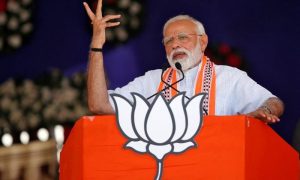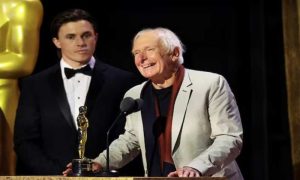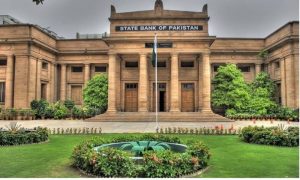A casual glance at my messages revealed a heartfelt lament from an old friend – a first-time voter questioning the very essence of our democratic system. The disheartening sentiment echoed concerns that many share about the disparity between casting a vote and the representation that follows. we delve into the intricacies of the political landscape, dissecting issues such as media influence, contradictions in political campaigns, election rigging, and the potential damage inflicted on the minds of our youth. In a world that celebrates the power of democracy, that message forces us to confront the disillusionment that can accompany the act of voting. The system in place, while designed to represent the will of the people, often falls short, leaving citizens questioning the integrity of the entire process.
Our current political system, based on representative democracy, involves citizens voting for candidates who will, in theory, represent their interests. However, the reality often paints a different picture, with elected officials not necessarily reflecting the diverse voices of their constituents.
Media Influence in Elections: Shaping Public Opinion
From shaping public opinion to influencing voter behavior, media platforms play a pivotal role in the democratic process. Rigging exploits media vulnerabilities, manipulating narratives and swaying public sentiment, further distorting the already delicate balance of the electoral landscape. The influence it wields can sway voters, shaping their perceptions and, consequently, the outcomes of elections. The disconnect between the promises made during campaigns and the actions taken post-election can contribute to disillusionment.
Contradictions in Political Campaigns
Political campaigns are filled with advice urging voters to listen to their conscience. However, the stark contrast between this advice and the election results raises questions about the authenticity of the democratic process. What happens when the one elected does not truly represent the people’s choices? Political campaigns are a theater of promises, ideologies, and convictions, where candidates strive to win the hearts and votes of the electorate. However, amidst the grandeur of speeches and vibrant rallies, a subtle yet profound contradiction often emerges, challenging the very essence of democratic representation. Within the realm of political campaigns, the contradiction lies in the stark contrast between the rhetoric espoused during electioneering and the subsequent actions of the elected officials. Campaigns are built on platforms of change, progress, and a commitment to the betterment of society.
Candidates, adorned with promises of transparency, accountability, and socio-economic upliftment, fervently urge voters to place their trust in them. Yet, as the dust settles post-election, a disconcerting reality often unfolds. The promises made on the campaign trail appear to dissipate, replaced by pragmatic compromises, political maneuvering, and in some instances, a complete deviation from the articulated agenda. One facet of these contradictions is the disconnection between the candidate’s stated values and their legislative or executive decisions. A candidate might campaign on a platform of environmental conservation but, once in office, prioritize economic interests over ecological preservation. Similarly, pledges to eradicate corruption may fade into the background as the complexities of governance come to the forefront.
Rigging in Elections
Election rigging, a menace that tarnishes the democratic process, comes in various forms, from voter suppression to manipulation of results. The impact of election rigging goes beyond skewed results; it undermines the very foundation of democracy, eroding public trust and participation. Every vote cast carries the weight of democratic ideals, but the shadows of election rigging threaten to cast doubt on the sanctity of this fundamental process. In our exploration of this ominous phenomenon, we delve into the psychological impact on voters, the influential role of media in elections, the potential disruption caused by mobile service closures, strategies to address the dark side of rigging, and the imperative task of creating a vision for a democratic future. The youth, often seen as the torchbearers of change, can be deeply affected by the flaws in the political system. When an aspiring first-time voter witnesses discrepancies between their choice and the elected representative, it breeds disillusionment and apathy.
The Domino Effect of Disenchantment
Widespread disillusionment can have far-reaching consequences, leading to a loss of trust in democratic institutions. When citizens feel their votes are futile, the fabric of a functioning democracy begins to unravel, paving the way for potential chaos and instability. The betrayal of trust in the democratic process can lead to feelings of disillusionment, frustration, and even apathy. The emotional fallout extends beyond the immediate election, influencing citizens’ engagement with politics and their perception of civic duty.
The risk of disenfranchised individuals turning towards extremism is a dark consequence of a flawed political system. By addressing underlying issues, we can mitigate the potential for radicalization and safeguard the future of our nation.
Creating a Vision for the Future
As citizens, we play a crucial role in shaping the future of our country. By envisioning a political system that is inclusive, representative, and accountable, we pave the way for a brighter democratic future. Addressing the inherent flaws in our political system requires a collective effort. By acknowledging the issues, engaging in open conversations, and advocating for meaningful reforms, we can build a democracy.























